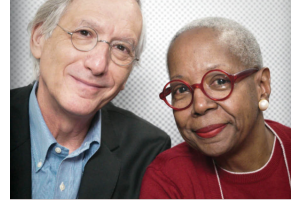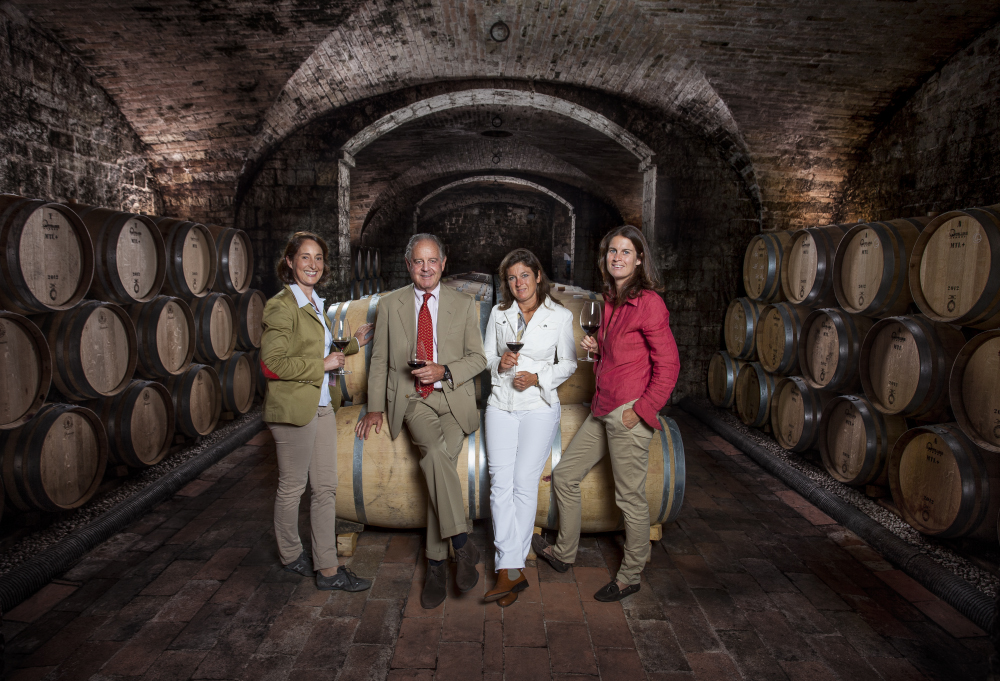
Marchesi Antinori can trace its family history back to 1180. They are one of the biggest wine companies in Italy, and played a large part in the "Super-Tuscan" revolution of the 1970s, with the introduction of the Tignanello in 1971, and Solaia in 1978. Tignanello, a blend of 85% Sangiovese and 10% Cabernet, is a 47 hectare vineyard acquired in 1900. Solaia is 75% Cabernet Sauvignon, 5% Cabernet Franc, 20% Sangiovese, and made from a 10 hectare vineyard adjacent to Tignanello in the Mercatale Val di Pesa zone of Chianti Classico.
Piero Antinori took over from his father Niccolò in 1966 and focused on a program of innovation. In addition to the creation of the Super-Tuscan category, he investigated early harvesting of white grapes, different types of barrique, stainless steel vats, and malolactic fermentation of red wines, as well as expanding the business to the U.S., Hungary, and Chile. Today the baton is being passed to the next generation, Piero's daughters Albiera, Allegra, and Alessia Antinori. We speak with Allegra Antinori about growing up in a famous wine family, succession, and what's next for Marchesi Antinori SRL.
Christopher Barnes: Your family started making wine in Italy in 1385.
Allegra Antinori: Yes, absolutely. The Antinori Family has existed since 1180, but we have a document which says that Giovanni di Piero Antinori was part of the Vintners Guild in 1385. This is true because we have the documents and since then, there has always been one member of the family that has been taking care of the wine aspects and the wine production of the family business. We were also in banking, in a silking guild, and in other guilds. Lately, I was reading a book my father wrote called The Hills of Tuscany, and I was reading all his stories again, and it’s very funny because it’s written in this book that girls in Italy until just a few years ago were not particularly important or influential in business aspects of any kind. It was another mentality. In this book, my father wrote that Giovanni di Piero’s mother was actually the one that had traveled and liked wine a lot. She had seen wines in Burgundy and Bordeaux and others that influenced her son to take the wine production more seriously.
It was your father though that really kind of created this amazing business that you have today and was a real innovator. I mean it’s funny coming from a family that has so much history, and yet is not afraid to change and challenge tradition.
Well, this is a little bit of our philosophy, to keep our traditions but to also create new ones. This tradition needs to be passed on. It’s basically based on values and habits, and so that is what is passed on. But, you need to be curious, and you need to try to make new traditions. This is what my father has done with Tignanello, for example, or Cervaro, or Solaia. He has really gone outside of these traditions, but never forgot about them, so Tignanello is a very Tuscan wine. It’s one of the most Tuscan wines. The other wines that we have that may be based less on Sangiovese, they are always Tuscanian, as we say. The Solaia, which is our most iconic wine, is always Tuscan inside its soul.
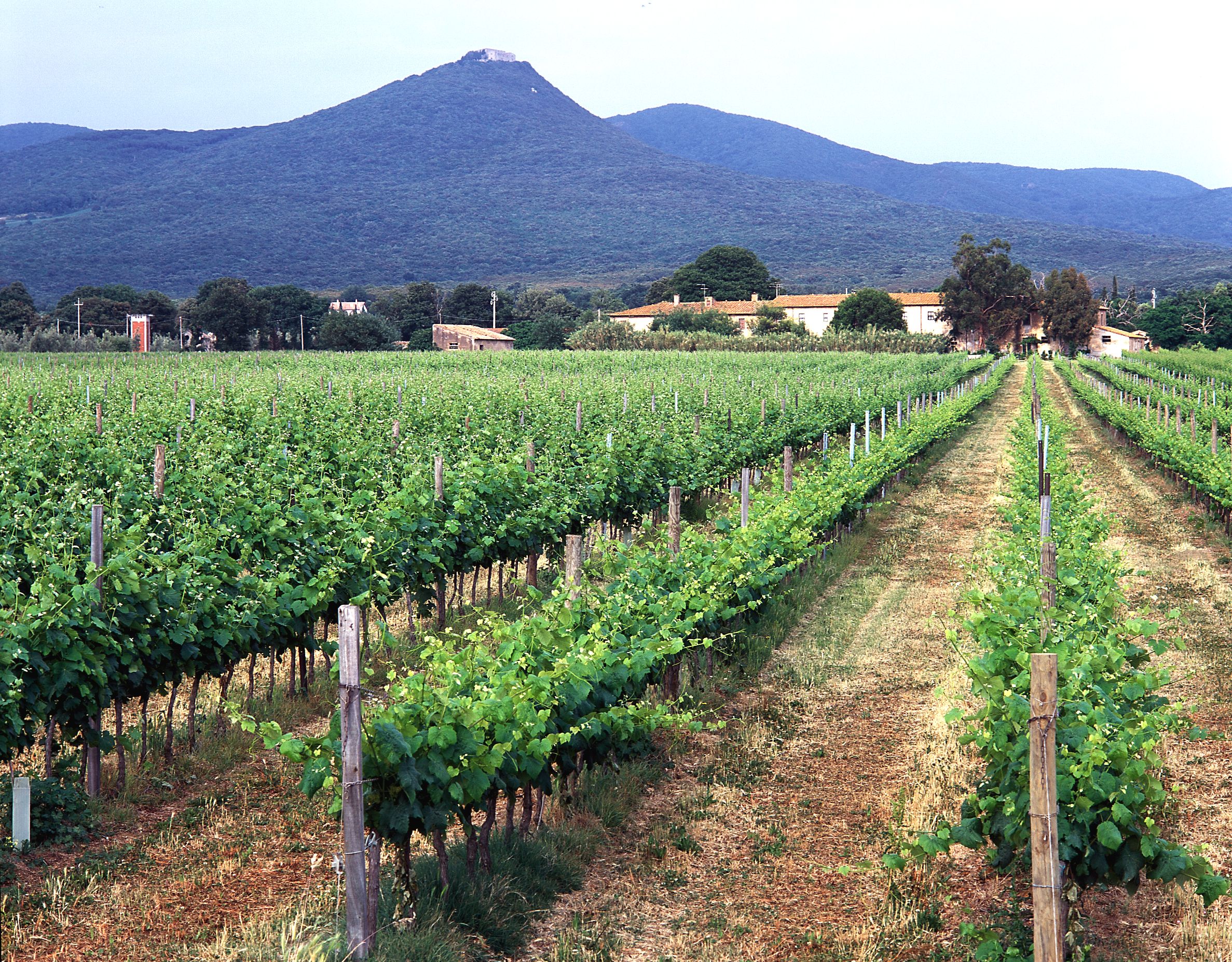
In terms of the family business, it’s grown a lot. You’re in multiple countries now. How do you manage that growth? How do you keep the quality and become a big company at the same time?
We keep every winery independent from each other, so Antinori owns many different wineries, but each winery is completely independent from the others. There is not one big winery where we produce all the wines, but many small wineries that produce four to six wines coming only from those vineyards. Every winery has its own technical facilities and staff. For example, we have a director for Tignanello. We have an enologist, a vineyard manager, a person that takes care of the clients there, and a house to receive our clients and friends. Guado al Tasso has its own structure, and Monteloro has its own structure, so every site is completely independent. Obviously, this is not efficient economically, but it’s very important because wine is something still so influenced by human sensibility, so it's important to have an enologist that knows its plot of land, its particular parcel, and what it is capable of giving.
Tell us about the international growth that you’ve experienced.
Most of all we have been curious. When you have passion for something that you do, you are curious. Also many times we have been asked to give our consultancy, and so we have spread our traditions. We have also learned a lot from other countries, and we have always been very curious about even the littlest things. We have a small, little estate, a wine estate in Malta. We produce wine in Hungary. We have a joint venture in Chile. We have a beautiful vineyard in California that we love that we acquired in the 90s. It was one of those miracles in the sense that it was something that went very well, when we had many things that didn't go very well. This Antica went very well so we love the estate and it’s grown beautifully. It’s a big estate and we have around 500 acres of vineyards there, and 1,000 acres of land. We have a house there so we feel at home. We also took a share of Stag’s Leap, which is another story of friendship between my father and Mr. Winiarski. We have lots of attachment to California in a way. My son goes to Antica three weeks, one month per year for example, so father goes there two times a year. I go there once a year, so we go there a lot. It’s like a second home for us.
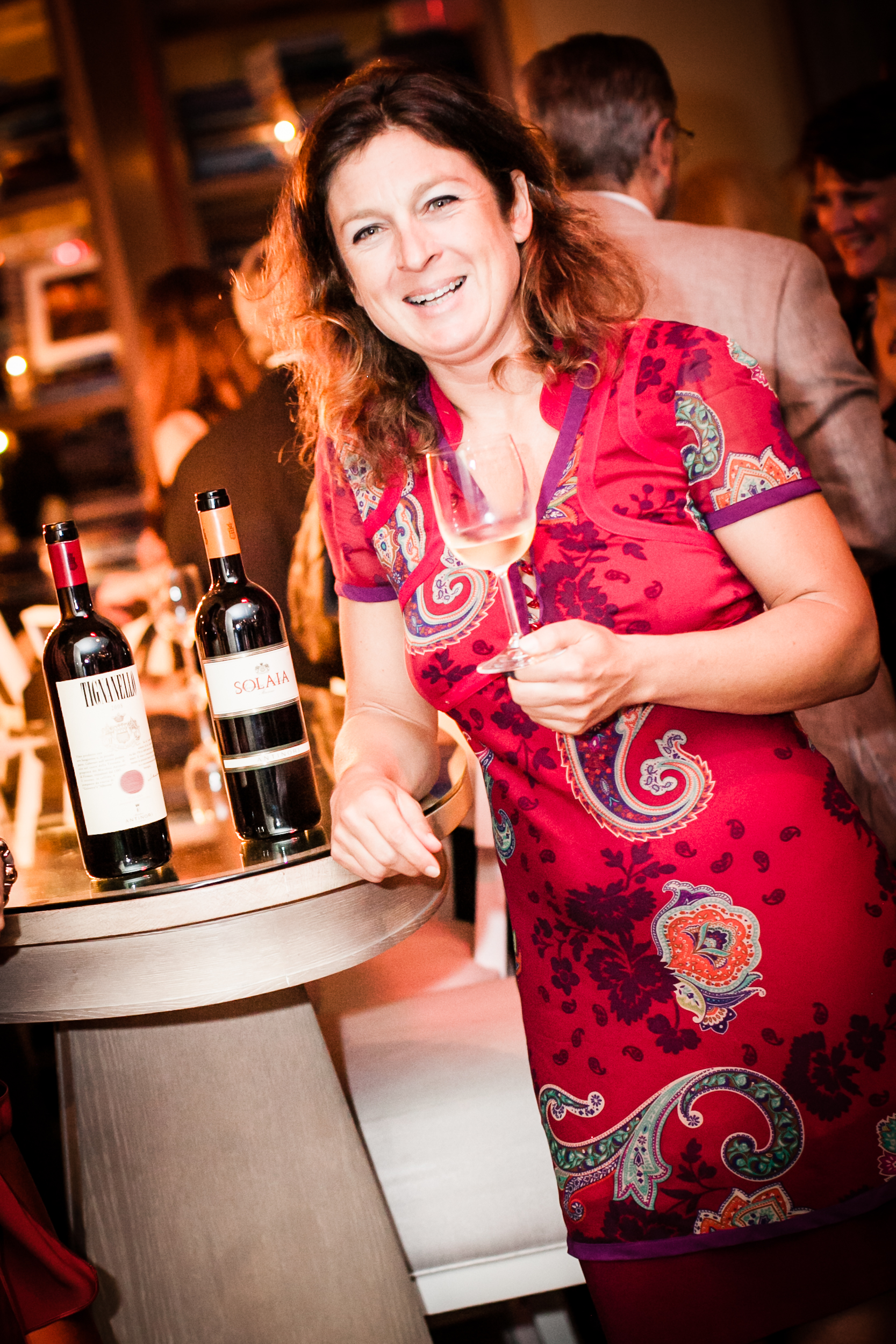
You’re the middle of three sisters.
Yes.
It's quite a challenge to fill your father’s shoes. Having the influence that he’s had in the Italian wine industry and the global wine industry, is there a lot of pressure on the three of you in terms of keeping the tradition but also growing on what he’s built?
Well, there is more than pressure, I think there is a sense of responsibility which is different. I don't think we will be able to fit in his shoes. We have smaller feet in a way, but we can walk strongly. In a sense, it’s a little bit of a different concept, and when you have a family business, you need to think about the next generation. We do a lot, but he has really built it so he knows everything from the beginning until today. This is something that we obviously cannot know because we arrived in another moment, but wine has so many aspects that with all the traveling he has done, we help him very much in these other aspects. We all have our own sector that we kind of guide and support, so I think we help very much. We need to think about our kids and then the generation after, so it’s a concept which is a little bit different.
Obviously, we need to have ideas and we need to be able to follow through with them. This is one of our tasks in a way, to pass it on to the next generation, and hopefully one of our children will take care of some aspects of the business. Maybe one witll take care of the financial aspects and one will be the enologist, which is very important. We have all boys and they are all good kids so they’re not problematic children. I think that there is a responsibility to pass on the values that have been taught to us to the next generation. I think we’re doing our best in a way to support and help, and we give a lot of time and a lot of passion to our company. It’s like a baby for us.
I think what your company has been incredible with is building these iconic brands. It’s sort of marketing brilliance in a way in that they’ve been created from nothing to become some of the most important brands in the wine world. How did that happen?
I don't think they were created from nothing in the sense that 600 years of our story makes a difference.
Of course.
You already have a sensibility, and you need to have a vision, because wine is something that takes tenure. If you decide to produce a wine, for example, in Malaysia, between the moment that you have the orignial thought and the moment that you have a bottle on the table, a minimum of ten years has passed. In ten years many things can change. You need to have a vision, and you need to have a knowledge about wine. It’s a skill to make wine. It’s not a science - it’s a skill, no? It’s something artistic in a way, so you need to have lots of patience, prudence, perseverance, passion, and of course the right people. There’s a series of things. When these things happen and the person has the right attitude, then wine can become iconic, so it’s mostly the quality. If you have quality, quality will come out at the end. And in everything, not only wine.
Tell us about your generation. You're the 26th generation?
Yes.
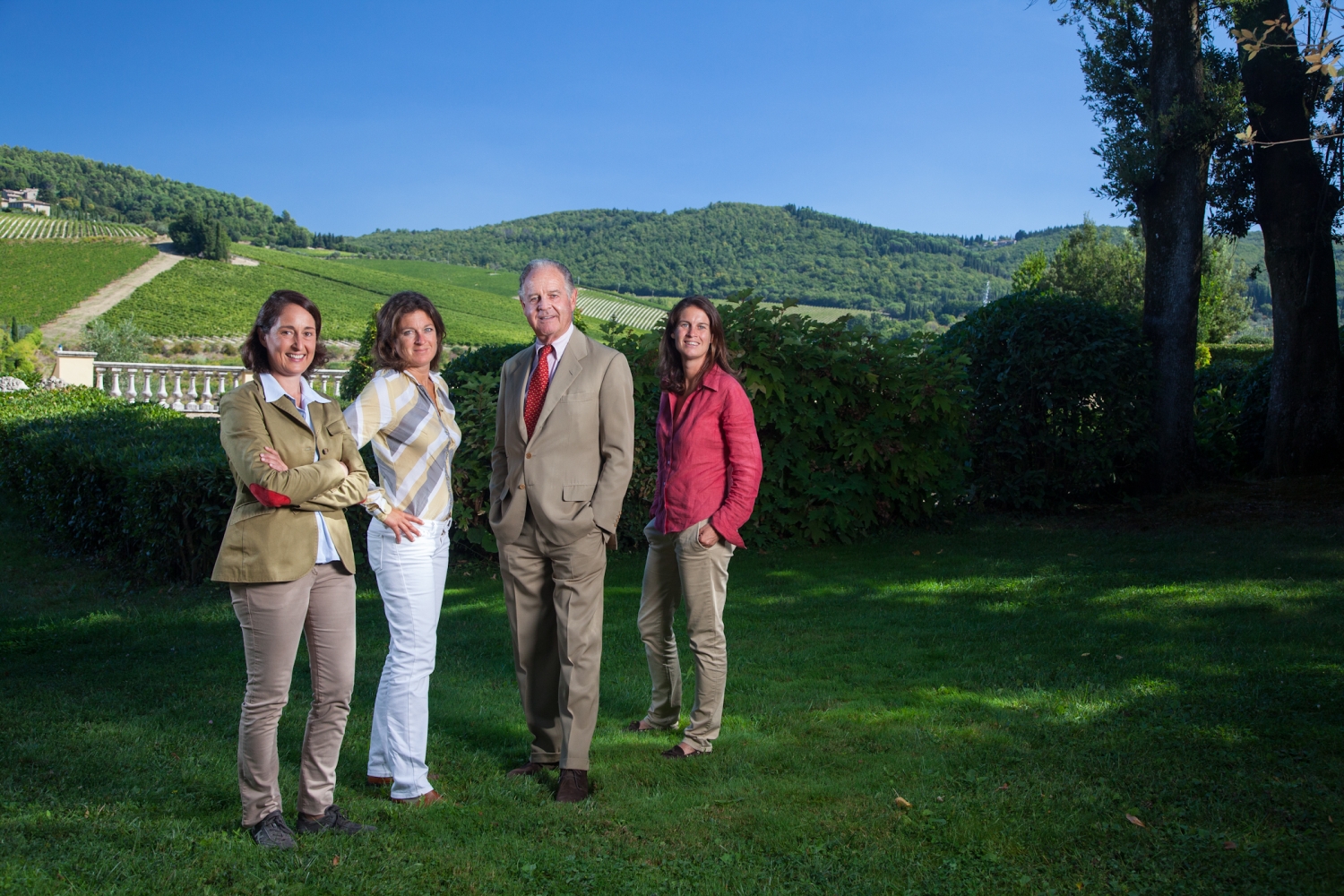
What is your generation doing differently now, if anything?
We run the business all together in the sense that we have meetings. We have a CEO, Renzo Cotarella, who’s also the winemaker, and we always taste the wines together. First thing is the quality of the wines, then it’s the image. Obviously we are in the quality wine sector, it’s kind of the luxury segment, so we need to make particular choices which is often saying no to many things. We have made this new winery now which is our generation winery, and it is amazing in Bargino in Chianti Classico. It’s called Antinori Chianti Classico. You can see some pictures of it in an article in the Wine Spectator. Frankly, that’s something that is very much looking to the future. Let's say it’s a contemporary architectural winery. We have the offices there. We have the production. It’s like a museum. We have had 65,000 people from the moment we opened.
Wow.
Only a year and a half ago. They came to see us without even talking about it. Actually, it’s been winning many architectural prizes. We are in the finals of this very, very important architectural prize from the United Nations. We are in the final five, and it probably won’t win with these amazing museums around Europe, but it’s been something that we have wanted, that we have done. That’s been important. We’re opening restaurants. We have these new projects for restaurants that we are developing right now, and so we are very dynamic. We’re very dynamic, yes.
How did the three of you split up the responsibilities?
Well, we all have different sectors and different areas where we travel. I take care of all the hospitality of Bargino, for example, all the vines, the hospitality, and I take care of the restaurant. We’re developing the restaurant business and the restaurant activities. That will take some time but I take care of that. I go to the Mortela, I’m President of Monteloro which is one of the estates that I take more care of, and I travel to America. Now I’m here because my sister’s expecting her second baby in a few weeks, and I come to New York because I like it, but usually it’s the midwest, or the west coast of America. I go to all of Europe and Russia and Azerbaijan. I go to the Middle East, to Israel. These are my markets. Albiera, she takes care of all the marketing, and the image. She’s the Vice President of one of the societies that we have, and she also takes care of all the architectural developments like the center, the new winery, and all the developments that we make on our houses that we rent out to tourists. She goes to China. Allesia takes care of Fiorano, which is an estate that we have in Rome, a new estate, a biodynamic estate. She takes care of that, and she travels to the east coast of America like New York and Miami. She goes to countries like India, Vietnam, and southern Asian countries.
That’s a lot of traveling.
A lot of traveling, yes.
What’s the most fun thing about your job? What do you enjoy most about it?
I like drinking the wines. In the sense that I like tasting the wines personally. I’m very social, so the fact that wine takes you traveling around the world is fantastic in the sense that I see a lot of the world through wine. I meet many interesting people. I see these people again so you do create relationships which is very nice. I also do something that takes you to the countryside. We grew up in the countryside, not in a town, so we are not glamorous town people but more countryside people. We are farmers, and wine always keeps you on the land, and this is something that I like. I feel good. I love New York, but I come from the countryside and wine is something that always takes you there.
You mentioned the biodynamic estate outside of Rome. Is that something that’s important to you?
Yes.
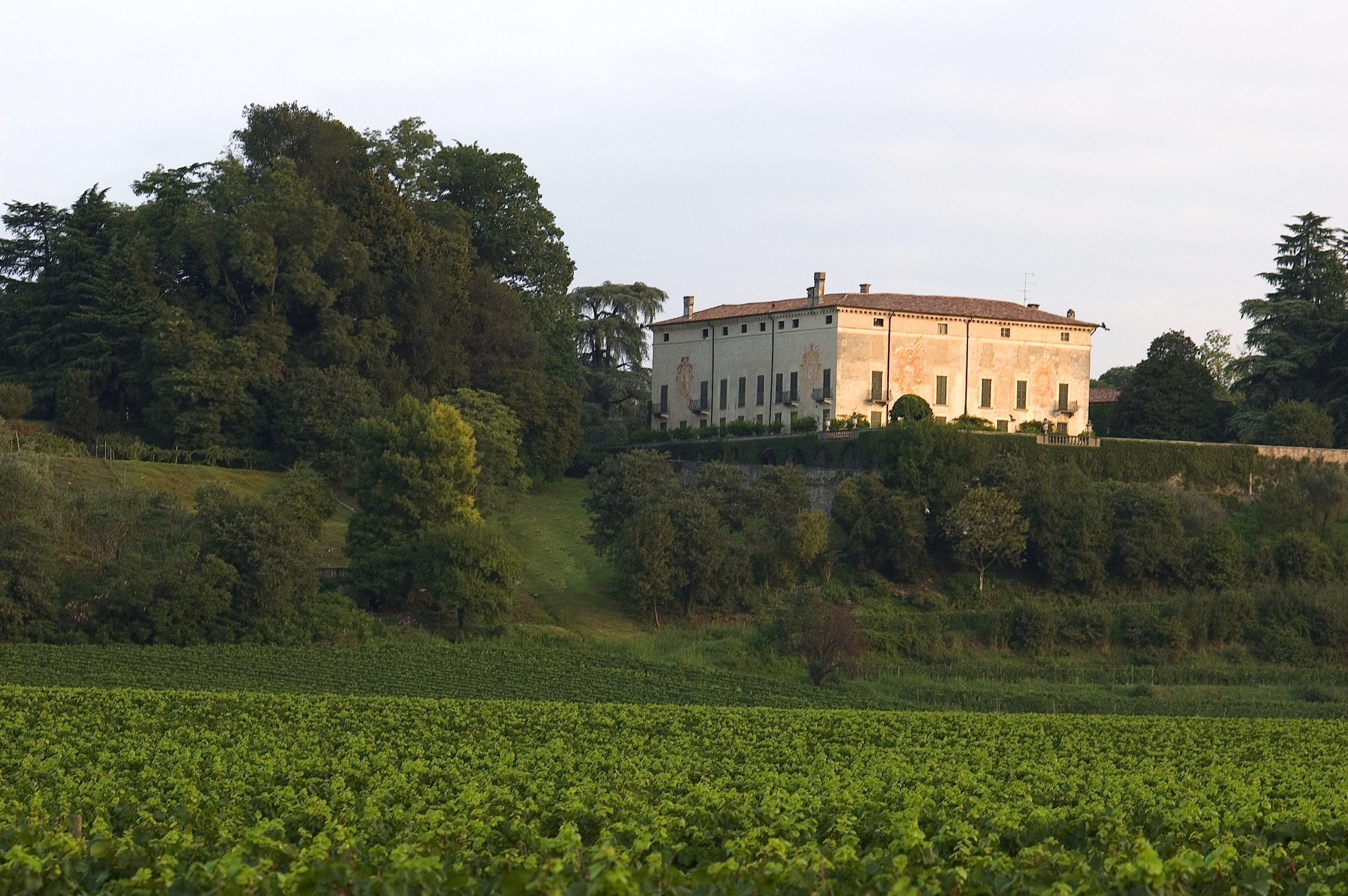
Has your agriculture changed?
Absolutely. We are very responsible. We have an agriculture which I call responsible and it can be organic. It can be biodynamic. It can be normal, but we are so careful with our territory because we know the risks. We do a lot of work on the land and in the vineyard. We are also very sophisticated with the technical side. We are very innovative in that we actually do respect the grape so much. We’re very careful.
Lastly, all three of you are in the wine business. Is that something that your father encouraged?
Yes.
Did you always know you were going to be in the wine business?
No, but he did encourage it and we actually did like it because with the wine business, you have everything. You can produce. You can sell. You can dress it up. You can do the label. You can do the finances or the administration. You have every aspect because we produce, and we sell.
The next generation, are they embracing the family business?
Well, one is, yeah. Albiera’s son is actually working for Pernod Ricard, which is a Champagne owner, and he is now in Paris. He’s going to Australia to sell wine so he’s having his own first experience. He’s 22. His sister, Verdiana, who’s around 20, she’s studying agriculture to become an enologist. My son is 15. He still thinks about playing rugby most of all but he goes to Napa. He works there every year and he will probably go to boarding school in England for a few years. Them he will come to America to an American university, and then maybe get a masters in wine in Sonoma, and work a bit at Antica. He likes it so much in America. My daughter, she’s 14, she’s thinking about other things in this moment, but I hope she will find her place, maybe also in the kitchen, or maybe in PR, or maybe in the production side.









